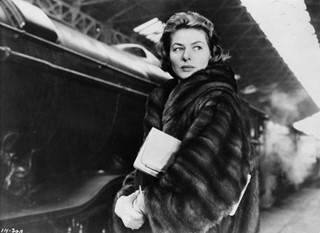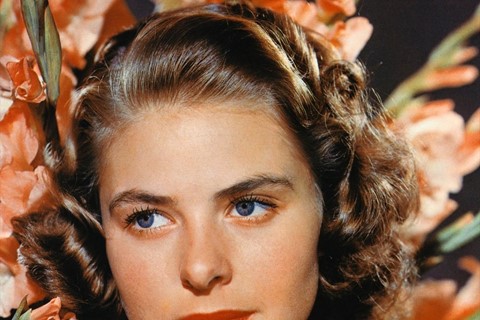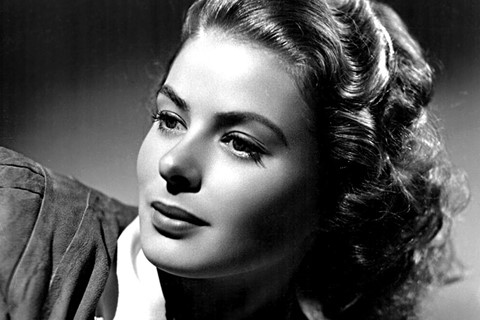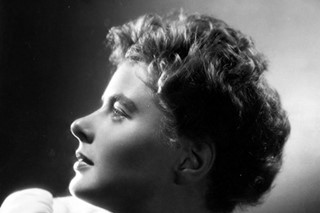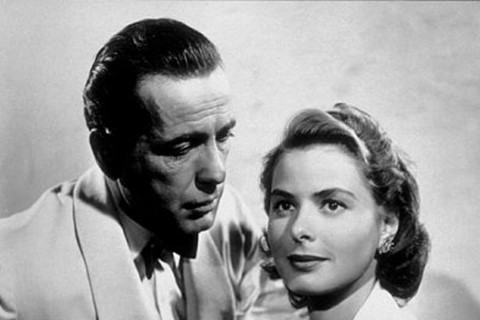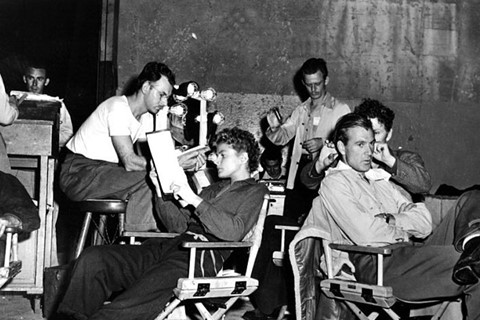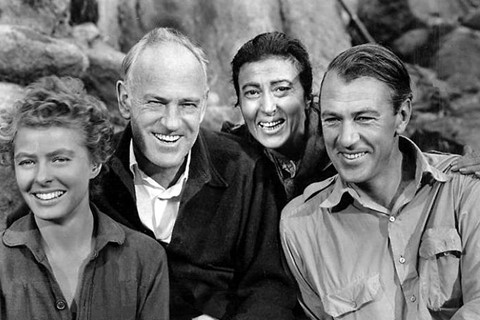The ultimate in nonchalant Nordic chic, we celebrate the style of actress Ingrid Bergman
In 1946, Ingrid Bergman and Cary Grant embraced one another for what would become ‘the longest kiss in screen history’ in Hitchcock’s aptly named Notorious. Bergman was an icon of the 1940s, known for her natural beauty and individual style, labelled a ‘new brand of charm’ by LIFE Magazine. Born in Sweden, she had an effortless aesthetic that was extremely unusual for the time, tempering her undeniable beauty with an androgynous edge, expressed through fitted suits and short curls. A Nordic beauty who wouldn't play pretty, she refused to pluck her eyebrows, cap her teeth or conform to the Hollywood glamour of the decade. She was an ideal fit for Dior’s New Look of 1947, in pencil skirts, brimmed hats and box jackets.
“Be yourself. The world worships the original” — Ingrid Bergman
Bergman starred in 1942's Casablanca as Ilsa Lund, dressed in tailored white suits and statement headwear against the exotic background of Morocco. Multi-lingual, she performed in five languages and was known for her humble and easy-going attitude despite her stardom. She evoked controversy in 1950 when she famously left her husband for director Roberto Rossellini, with whom she fell pregnant. The American public blew up at the scandal, and she was denounced on the floor of the US Senate as an ‘instrument of evil’. This somewhat shattered her onscreen purity, but she slowly won back the public and went on to win an Oscar in 1956 for her role in Anastasia and again in 1974's Midnight on the Orient Express. "I've gone from saint to whore and back to saint again, all in one lifetime,” she would say.
She was known for her appetite, eating crayfish with a bib on set as well as hot ice-cream sundaes. During filming, according to the director’s advice, her first husband would put a lock on their fridge, to prevent her from snacking. She was a charming combination of both sweet and stubbornly headstrong. “Be yourself,” she said, “The world worships the original.”
Text by Mhairi Graham
